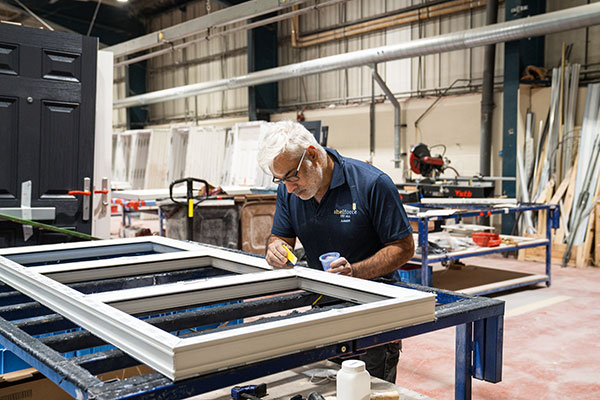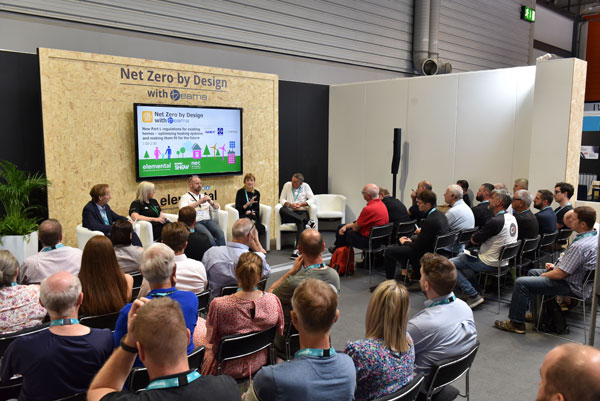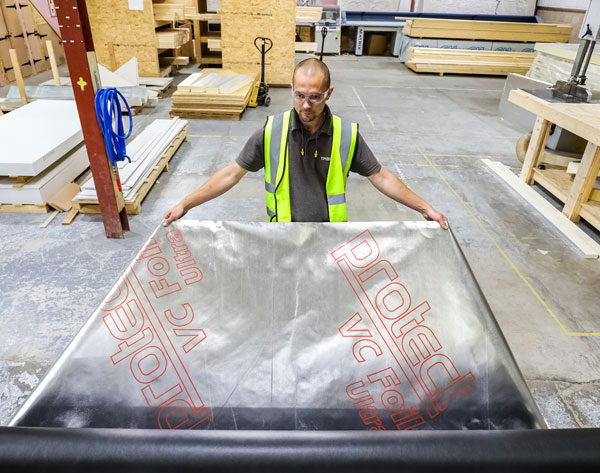For the offsite sector, the focus is not just on building efficiently but also building efficient and healthy buildings. To achieve both aims, offsite manufacturers need to be able to rely on their supply chain partners to make sure every aspect of a build is as efficient as possible. Close and early collaboration is key, as the fabric first approach demonstrates with more efficiencies achieved when important ‘hidden protectors’ are designed in from the start.
Building Product Design Ltd, which encompasses three subsidiary companies – Glidevale Protect, Passivent and Kingfisher Louvres, is an excellent example of this industry collaboration in practice and as Adam Ford, director of technical & marketing at Building Product Design Ltd explains, the company has developed
a package of specialist support and healthy solutions tailored specifically for the offsite sector.






















